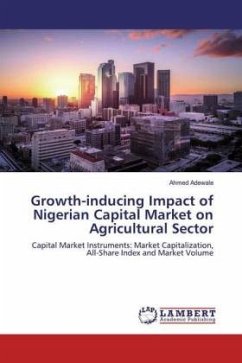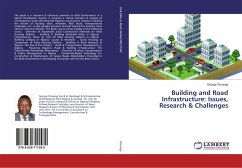
Financing of WASH in a declining economic environment
Financing of WASH for sustainability
Versandkostenfrei!
Versandfertig in 6-10 Tagen
39,99 €
inkl. MwSt.

PAYBACK Punkte
20 °P sammeln!
Globally 1.1 billion people still lack access to safe portable water and two in five people lack access to basic safe and dignified sanitation. The impacts of unsafe water are most felt by women and children with estimated deaths of children under the age of five at 4500 per day. Zimbabwe experienced a meticulous rise in access, coverage and sector development in the 90s to then witness a sudden collapse a decade later. The country moved from water coverage of just about 20% in the rural areas to 85% in the 90s and for sanitation from just 5% to 60% coverage. It saw an era of development of ne...
Globally 1.1 billion people still lack access to safe portable water and two in five people lack access to basic safe and dignified sanitation. The impacts of unsafe water are most felt by women and children with estimated deaths of children under the age of five at 4500 per day. Zimbabwe experienced a meticulous rise in access, coverage and sector development in the 90s to then witness a sudden collapse a decade later. The country moved from water coverage of just about 20% in the rural areas to 85% in the 90s and for sanitation from just 5% to 60% coverage. It saw an era of development of new technologies, and operational. All this had collapsed by mid 2000 culminating in the worst ever national disaster and shame in the form of a cholera outbreak in 2008-2009 followed by a typhoid outbreak in 2011. This book explores the reasons for the lack of sustainability and argues that the challenges have mostly been a programme built on subsidies. It suggests that perhaps for sustainability there is need for private public partnerships.












